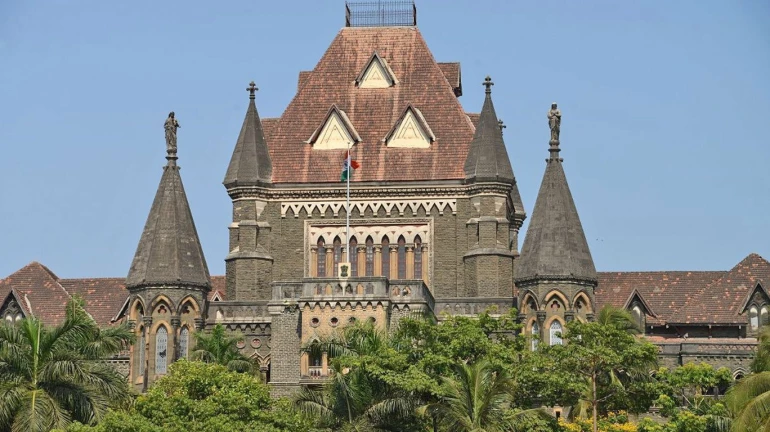
In a landmark verdict, the Bombay High Court's (HC) Nagpur bench acquitted former Delhi University professor GN Saibaba and five other defendants on Tuesday, February 5. The court questioned the prosecution's evidence under the Unlawful Activities (Prevention) Act.
The bench delivered the judgement that just owning or downloading literature endorsing a particular political and social philosophy would not in and of itself become an offence under the strict Unlawful Activities (Prevention) Act.
The bench consisted of Justices Vinay Joshi and Valmiki SA Menezes. They overturned the life sentences and convictions of Saibaba, Mahesh Tirki, Pandu Narote, Hem Mishra, Prashant Sanglikar, and Vijay Tirki. The accused were ordered to post bonds of INR 50,000 each.
Saibaba was taken into custody on May 9, 2014, over eight months after the police searched his location on September 12, 2013. The police claimed that Saibaba's supporters prevented them from apprehending him.
The court rejected the police's explanation for the delay in arrest. It stated that they are not valid because of law and order problems.
The judges noted that even if the prosecution's data and records show that the accused were "sympathisers" of Maoist ideology, However, the court stated that "mere possession of such literature, having a particular political and social philosophy by itself, is not contemplated as an offence under the UAPA."
The bench acknowledged that someone can get a lot of information about Communist or Naxal philosophy's activities online. But, downloading this material or even sympathising with the philosophy would not be considered an offence unless the prosecution presented specific evidence.
The court stressed that the prosecution's "no evidence" has connected the accused individuals to any incident, attack, or violent act by taking part in its planning or lending support to its execution.
The prosecution had played clips from a 2012 demonstration in Hyderabad where speakers were accused of making provocative remarks. The court held that the films' content does not depict any acts of "terrorism."
The judges rejected the prosecution's assertions that the content of the electronic evidence produced constitutes an offence under any of the UAPA's sections. The court stated that there is no additional evidence, other than nebulous claims that they had planned to fight the government or supported an arms race.
The court noted that the call data records (CDR) produced by the prosecution demonstrated that the accused had communication with one another. But the court stated that "CDR will merely display their mutual acquaintance. This is a factor that will offer nothing in the absence of verification."





